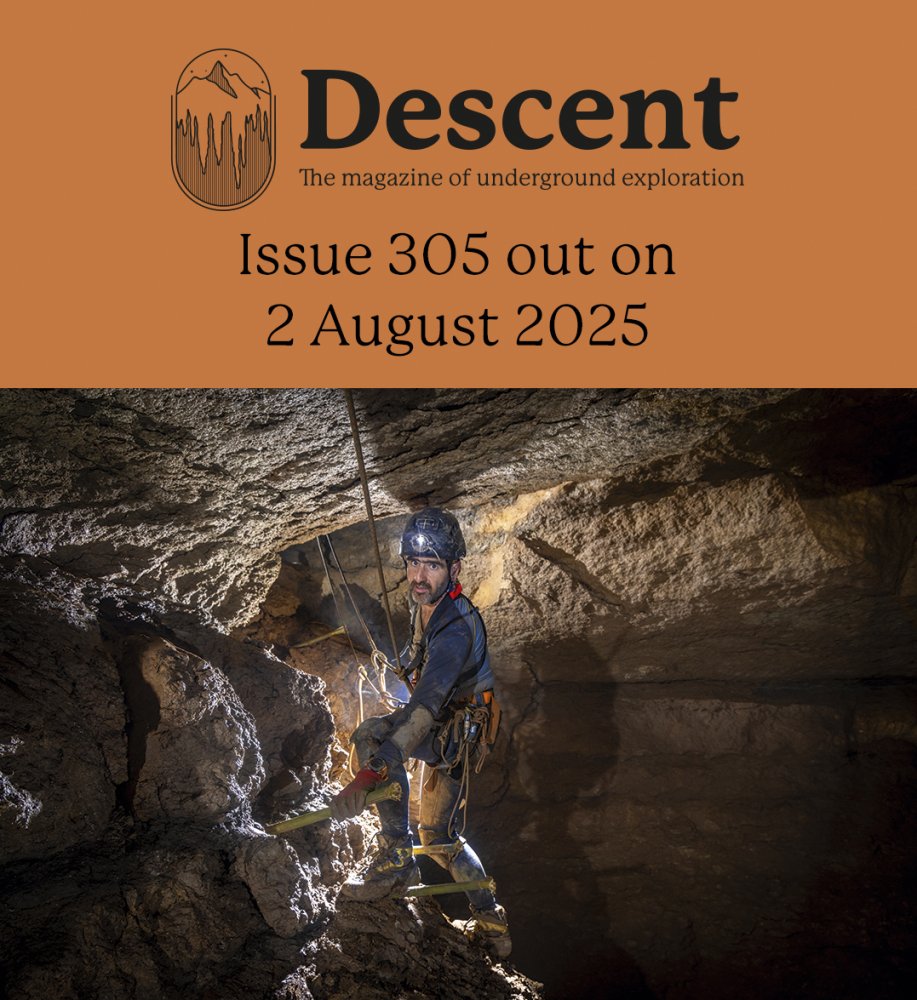One potential complication is that BCRA is a registered charity and this severely limits how it can change its constitution or whether it can dissolve itself. Any alteration will involve discussions with the Charity Commission and dissolution means its remaining assets can ONLY be passed to another similar charity. I seem to remember that at one time, if BCRA dissolved itself, its remaining assets had to be passed to the National Trust! (Don't know how this came about but, at the time, there wasn't another caving charity in existence.)
Another point worth making is that not all the money held in the BCRA accounts actually "belongs" to BCRA. For instance, a total of ?21,000 is held by BCRA on behalf of the UK Cave Conservation Emergency Fund, which is administered by a panel of regional representatives plus a BCRA representative. This can make loans (of up to 15% of the capital) or grants (of up to 5% of the capital) and is open to any caver, or group of cavers, requiring money to deal with a cave conservation emergency.
Another point worth making is that not all the money held in the BCRA accounts actually "belongs" to BCRA. For instance, a total of ?21,000 is held by BCRA on behalf of the UK Cave Conservation Emergency Fund, which is administered by a panel of regional representatives plus a BCRA representative. This can make loans (of up to 15% of the capital) or grants (of up to 5% of the capital) and is open to any caver, or group of cavers, requiring money to deal with a cave conservation emergency.



